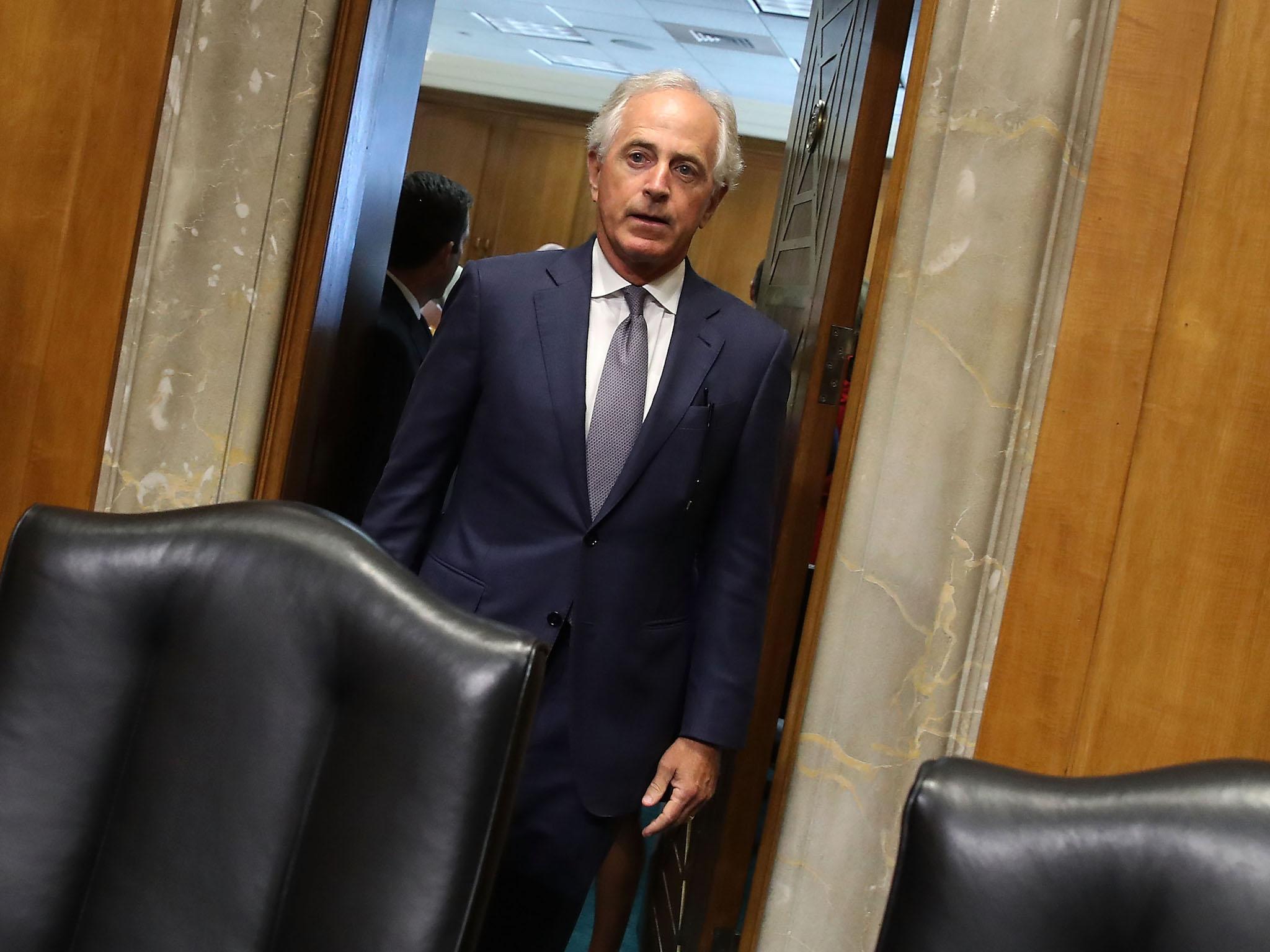Republicans close to blocking Trump from easing Russia sanctions
The White House’s legislative director has said the bill would set 'an unusual precedent of delegating foreign policy to 535 members of Congress'

Your support helps us to tell the story
From reproductive rights to climate change to Big Tech, The Independent is on the ground when the story is developing. Whether it's investigating the financials of Elon Musk's pro-Trump PAC or producing our latest documentary, 'The A Word', which shines a light on the American women fighting for reproductive rights, we know how important it is to parse out the facts from the messaging.
At such a critical moment in US history, we need reporters on the ground. Your donation allows us to keep sending journalists to speak to both sides of the story.
The Independent is trusted by Americans across the entire political spectrum. And unlike many other quality news outlets, we choose not to lock Americans out of our reporting and analysis with paywalls. We believe quality journalism should be available to everyone, paid for by those who can afford it.
Your support makes all the difference.In a rare show of defiance, Republicans in Congress are coming close to preventing Donald Trump from being able to roll back sanctions against Russia.
The White House has sought to change a bill that would toughen sanctions on Moscow for meddling in the 2016 US election.
But the Senate's version, which received overwhelming bipartisan support in a 98-2 vote, would also establish a newl review process that would allow Congress to block Mr Trump if he tries to ease sanctions on Moscow.
Despite telling reporters that the White House supports new sanctions on Russia, Marc Short, its legislative director, declared that the bill would set “an unusual precedent of delegating foreign policy to 535 members of Congress”, as it would not include certain national security waivers that have always been consistently part of sanctions bills in the past..
Secretary of State Rex Tillerson has said the measure would not provide the administration with “flexibility” to deal with the Russian government.
But despite the administration’s attempts to defang the legislation, Republican Senator Bob Corker, the chairman of the Senate Foreign Relations Committee, has said that changes are “not likely to occur”.
Language empowering Congress to block Mr Trump from any attempt to ease or end sanctions “is going to stay in this bill,” Mr Corker told reporters. “And we’ve had very constructive meetings with the House – there’s no attempt whatsoever to move away from” that provision, he added.
After passing in the Senate, the legislation appeared to stall in the House of Representatives, worrying some Republicans that the White House’s efforts to water down the legislation were working and could make the US seem soft on Russia.
Republican Senator Cory Gardner said his party “put a very firm policy in place” with the passage of the sanctions bill, “that we’d continue to push hard on Russia.”
“As long as they continue to violate international law, we are going to continue to use sanctions and every tool at our disposal to push back,” Mr Gardner added. “That’s the firm commitment of the Senate and I believe, soon, the House.”
House leaders from both parties are currently negotiating a deal to send the bill back to the Senate in the next few weeks, and Mr Trump now appears likely to not get his way.
Even though multiple US intelligence agencies have confirmed that Russia meddled in the election, the President has repeatedly cast doubt on these assertions.
Pressed on the issue during a press conference in Poland, Mr Trump said that “nobody really knows for sure” who interfered in the 2016 election, adding: “I think it was Russia and I think it could have been other people countries.”
Join our commenting forum
Join thought-provoking conversations, follow other Independent readers and see their replies
Comments